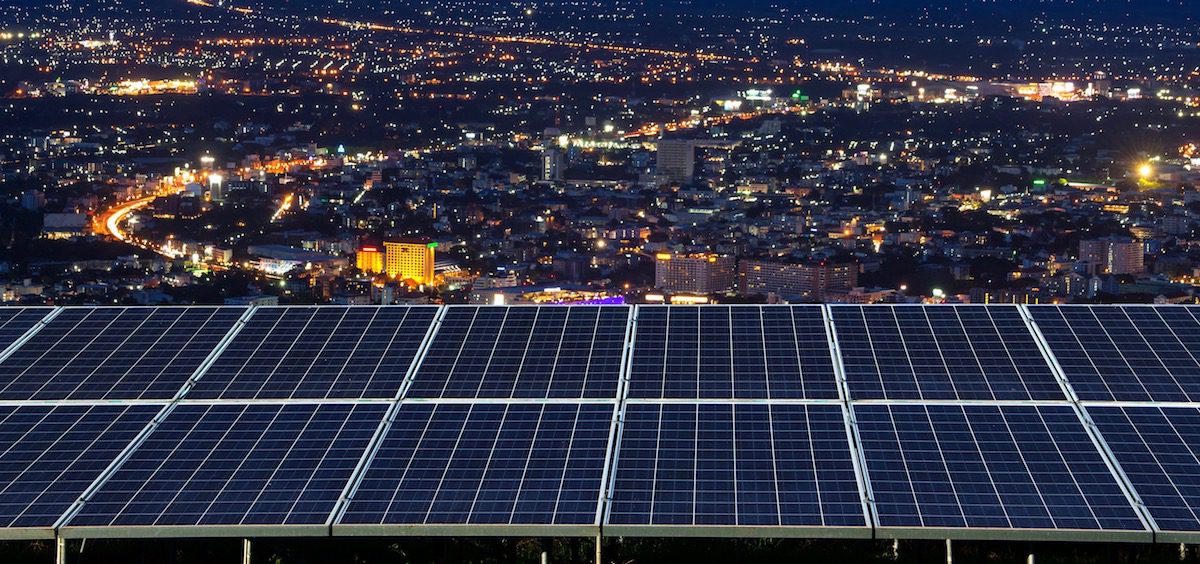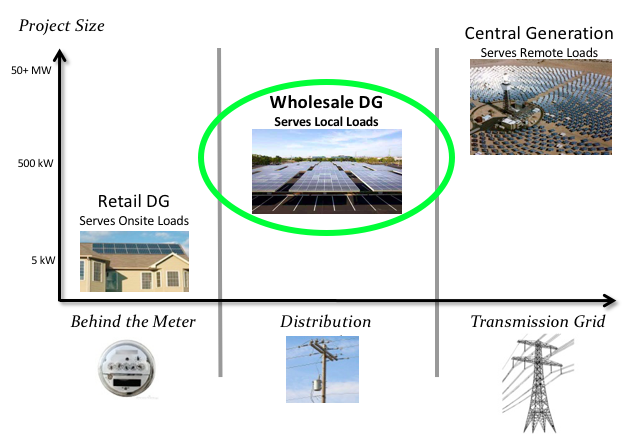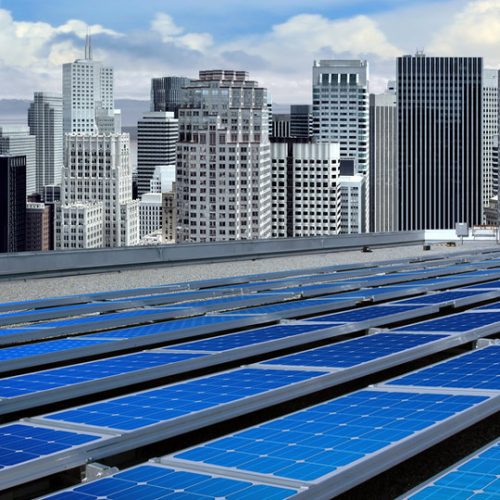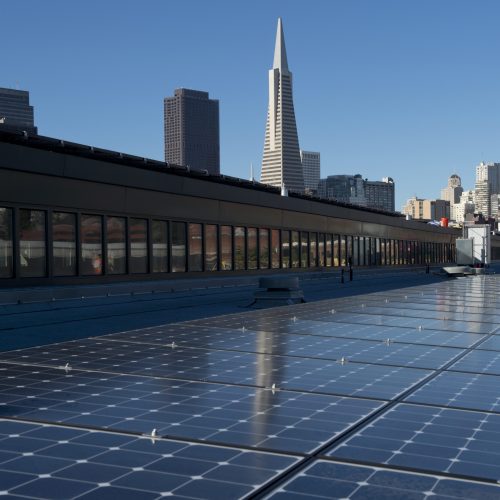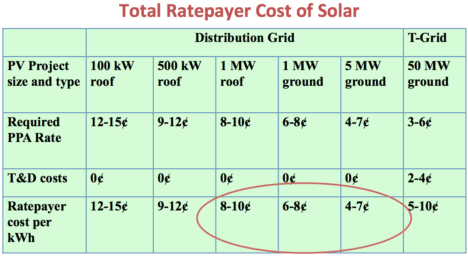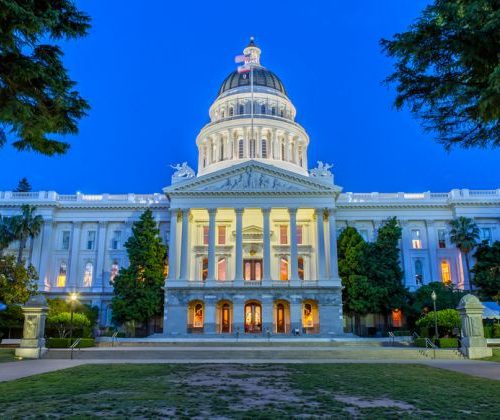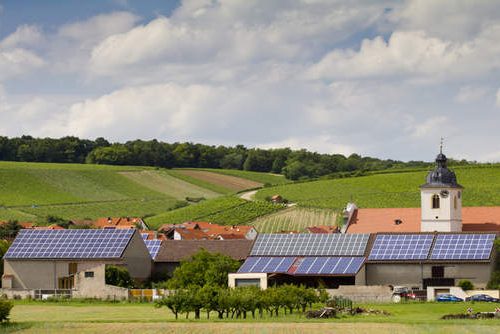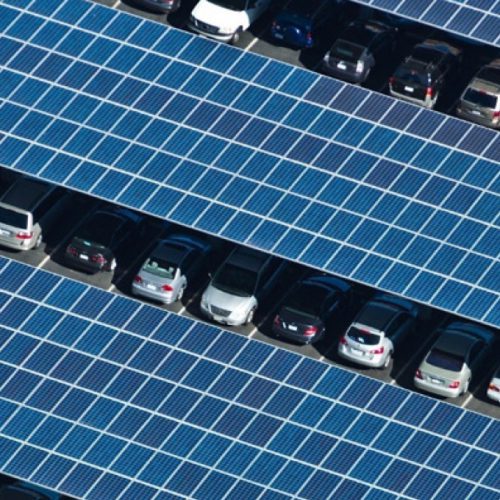Intersolar & Energy Storage North America – 18-20 February 2026
The Clean Coalition was a supporting organization and Power Lunch co-host for the 2026 Intersolar and Energy Storage North America Conference, which took place in San Diego, California at the San Diego Convention Center on 18-20 February 2026.
Read More
